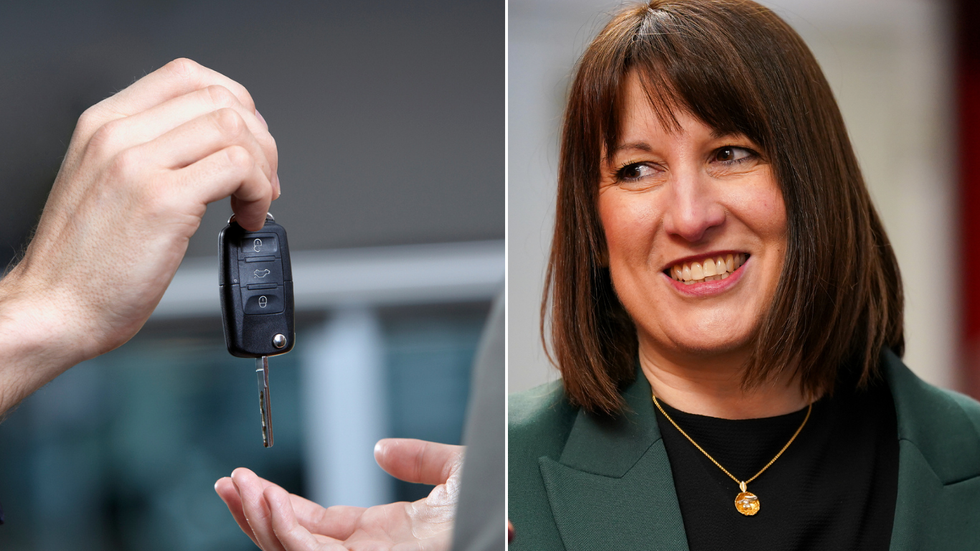Rachel Reeves has faced a significant setback after the Supreme Court dismissed the Chancellor’s effort to intervene in the pivotal car finance scandal.
The controversy has led to thousands of motorists overpaying on commissions from 2007 to 2021, with car finance firms expected to compensate drivers with billions in payouts.
However, before these payouts could commence, Reeves attempted to halt them, arguing that the costs would be unprecedented for the UK’s banking sector.
While this ruling poses a considerable challenge for banks, it has been seen as a major victory for the hundreds of thousands of drivers eligible for compensation related to mis-sold car loans.
Do you have a story to share? Reach out by emailing[email protected]

Reeves stepped in during the car finance scandal in January to safeguard the interests of the banking sector.
GETTY
The case, scheduled for hearing in April, will explore whether car finance companies were obligated to disclose to customers the commissions and bonuses they received from financial agreements.
The dispute originates from a Court of Appeal ruling declaring it unlawful for lenders to pay commissions to dealers without customer consent. Experts in the industry predict that banks and finance companies may have to pay out up to £38 billion in compensation.
Reeves’s initial intervention was prompted by the fact that a significant majority of new and many used cars are purchased through finance agreements, with potential payouts likely to have an outsized impact on the sector.
The Financial Conduct Authority (FCA) prohibited such commission structures in 2021, after determining that they motivated dealers to impose higher interest rates on consumers.
Since January, the FCA has been evaluating whether compensation should be extended to individuals who entered into such deals prior to the 2021 ban, significantly broadening the scope of potential payouts. Some analysts liken the potential financial ramifications to the PPI scandal.
The Treasury has expressed concerns that the magnitude of these compensation payments might compromise the competitive standing of UK banks.
In its request to intervene, the Treasury cautioned that the case could “negatively impact the UK’s reputation as a business hub, leading to adverse effects on economic growth”.
In December, Lloyds Bank CEO Charlie Nunn remarked: “Investors are observing this situation, noting that the courts’ decisions appear to operate independently of regulatory frameworks, significantly retroactively affecting the economy overall.”
In addition to denying the Treasury’s intervention, the Supreme Court also rejected applications from Consumer Voice and the Finance and Leasing Association. Nonetheless, it did accept applications from the FCA and the National Franchised Dealers Association.
Sue Robinson, chief executive of the NFDA, stated: “We have engaged the services of Caytons, A Gallagher Bassett Company, Jonathan Kirk KC, and Richard Roberts (both from Gough Square Chambers) to represent the NFDA in these proceedings, which are set for hearing between April 1-3, 2025.
“The NFDA, representing the consumer-facing segment of the industry, understands the needs of UK consumers. We anticipate the next steps in this case and will continue to keep our members informed, encouraging them to reach out for any inquiries.”
The FCA has set a deadline for resolving all cases related to the car finance scandal by the end of 2025. Following the court’s verdict, the FCA will decide on the potential form and extent of compensation to be provided.
LATEST DEVELOPMENTS:

Estimates suggest that the scandal could cost car finance lenders as much as £38 billion.
GETTY
A Treasury spokesperson informed The Telegraph: “We respect the Court’s decision to decline our intervention application… and will be monitoring the situation closely.”